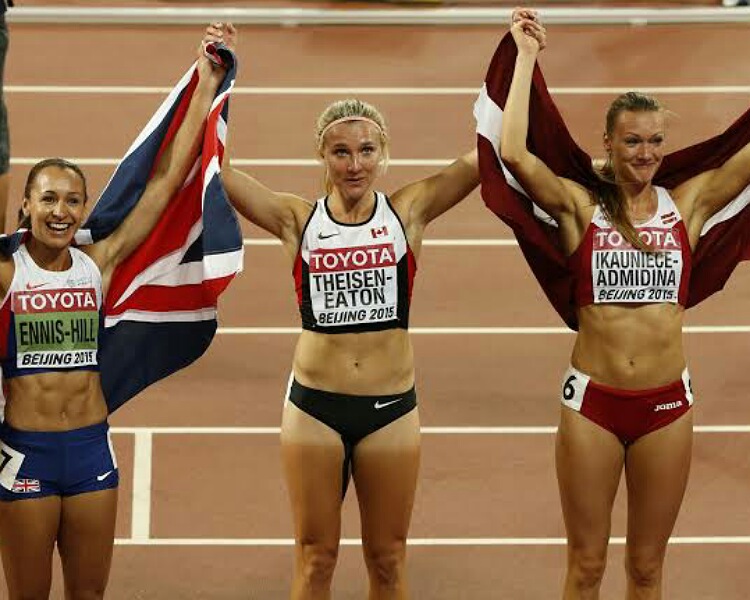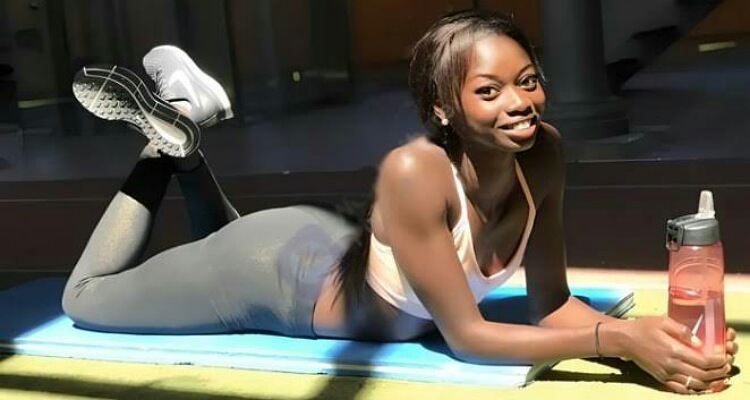Female athletes have their own level of functioning, performance, and nutritional needs compared to that of men.
But for many years now, the female athletes had to follow the training pattern, injury protocols and nutritional diet plans that experts had prepared for male athletes. This is not right. Emphasis now is on understanding female metabolism and performance and their nutritional demands.
Female athletes and their performance
Women have metabolism, performance capacities and nutritional needs that are different from men. We are aware of this. Hence there are different nutritional and dietetic guidelines for adult women and men.

But when we consider the case of women in sports, we find that this is not the case. Everyone is aware that women athletes also have functioning level, performance level, metabolism, and nutritional demands that differ from male athletes. Yet the dietary guidelines for them are extrapolated from studies on male athletes.
Females in the sports field have no separate nutrition guidelines for them. The training sessions, injury protocols and nutrition needs were earlier laid down for male athletes. And this is being forced on the women in sports. But this could be bad for them. And now this is set to change.
Physiology and nutrition
There was a Sports and Active Nutrition Summit in Amsterdam recently. And Dr. Sam Moss who is the Senior Lecturer in Sports and Exercise Sciences at the University of Chester presented:
“In the past, females haven’t had the support that they needed, that’s obviously changing now, and there is definitely more of a drive to do that with female athletes. But there’s still a large number of female athletes that are probably left behind at the expense of male athletes.”

For this, Sam believes that educational conversations with women in the sports industry must start early. He strongly believes that even professional women athletes are struggling with the basics of nutrition and eating. But this is not their fault. It is because they have no right information on it from health experts or diet experts. Sam wants sports organizations to look into this important but neglected aspect.
Steps in planning
Sam is of the opinion that nutrition for these athletes should be such that it improves their performance, helps in mental health and is also good for them in the long run.
At present, he feels that focus should be on nutrition that can enhance their performance metrics. This would be the first step towards a positive change. After the women in sports are conversant with foods for enhancing their performance, they require more education on foods and diet to improve mental well-being. This would help them cope with the stresses of competition and rigorous training.

And after this education, emphasis should be on how they can take care of them after retirement and throughout their lifetime. This individual gender based nutrition and training planning would greatly assist the women athletes to compete and live better.